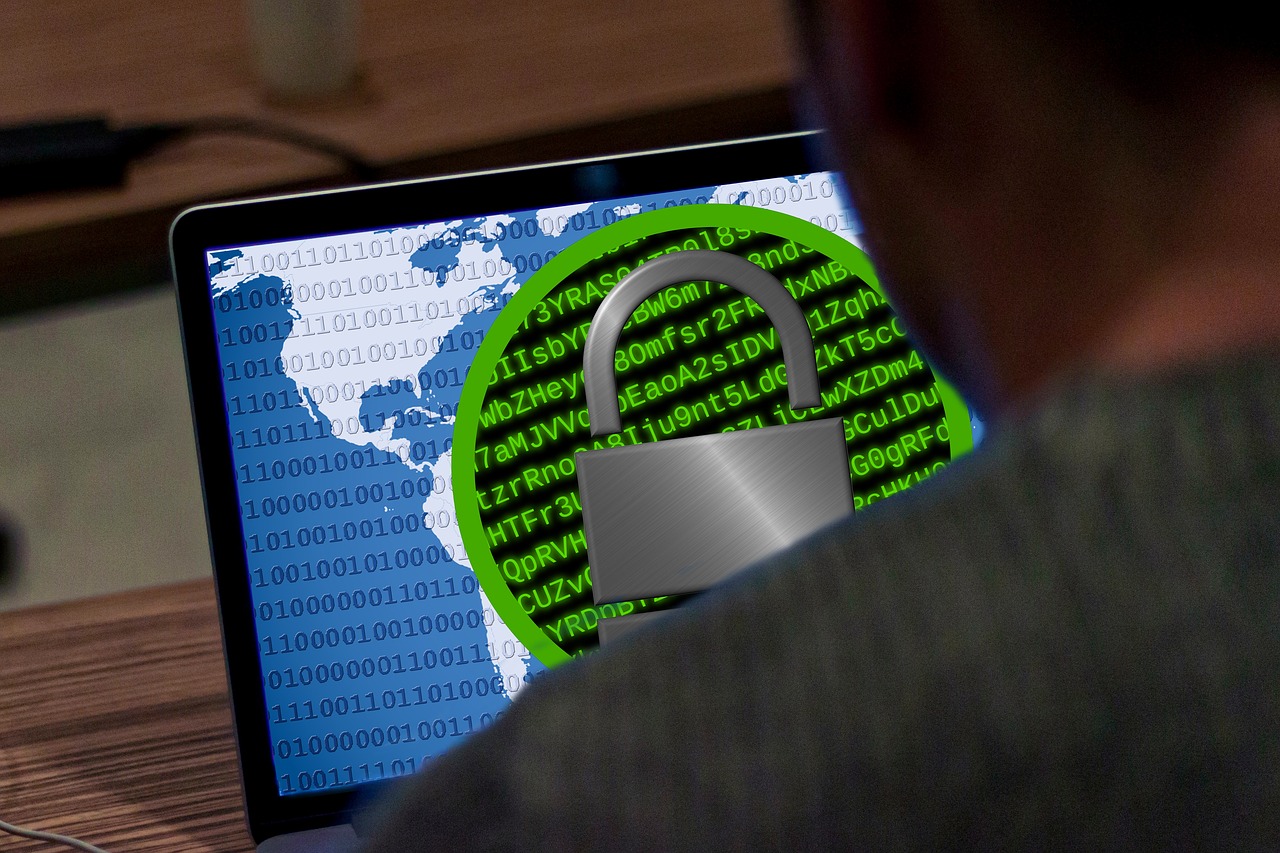Ever heard of being kidnapped for ransom? That’s exactly what Ransomware does, it kidnaps your files and data in exchange for ransom. In this post, we will guide you through the process of removing ransomware.
Table of Contents
What is a Ransomware?

Ransomware is a program designed to lock you out of your computer system, requiring a payment to regain access.
Besides, Ransomware prevents you from accessing your personal information and relentlessly tries to make you pay their ransom.
Be aware that Ransomware perpetrators can’t be tracked by the payment. With the advent of cryptocurrencies such as Bitcoin, it has become virtually impossible to track perpetrators by the payment method.
How to get infected with Ransomware?
Ransomware can be acquired in different ways. It can be obtained via email attachments or even by suspicious links to external websites.
For example, you may receive an email offering a free download of a premium PDF. In your excitement, you open the malware-infected file and boom, you’re infected.
Signs of Ransomware
Ransomware is not hidden malware. The primary goal is to capture your attention and prompt you to pay for your information. So, signs of malware may include.
- Intrusive pop-ups threaten to expose your information as at risk and require payment to access them.
- When you can’t log in to your computer.
- When some or all of your files are encrypted and you receive random messages from hackers warning you to pay or lose access to them.
Types of Ransomware
There are three major types of Ransomware, each working in a different but destructive way.
- Scareware
Not really serious, just a set of messages and pop-ups telling you malware has been detected on your computer and you need to pay to get it removed. No legitimate antivirus company will contact you this way unless you have their software installed.
- Screen Lockers
These essentially lock you out of your screen. This action is followed by a series of messages from law enforcement authorities stating that suspicious activity has been detected on your computer, and you must pay a fine to regain access.
- Encrypting Ransomware
The most complex type of ransomware. This encrypts your files and demands payment before you’re given a gateway. You don’t usually get back to your information except you had a backup.
READ ALSO: Your Essential Ransomware Guide: Prevention, Detection, and Recovery
How to Remove Ransomware
Don’t panic, all you have to do when your files are kidnapped for ransom is to try removing it. How is this done?
You can protect yourself from or remove Ransomware from your computer using Windows Defender or by performing a System Restart.
1. Use Windows Defender
Windows Defender can be used to clear the Screen Lock or Scareware types of Ransomware.
To do this:
- Locate Windows Defender; it is on the Start screen.
- Open and click full on the right side of the screen.
- Select Scan and watch the process. Windows will automatically find and remove Ransomware and other malware.
2. Perform System Restore
If Windows Defender does not clear your malware,
- Access your Control Panel.
- Select System and Security.
- Click on the System and go to Advanced System Settings.
- Select System Protection and then System Restore.
Note: If you’ve never performed a system restore, you may need to create a system backup. Select Set up Backup and fill in the options. We leave it as the default. It may take several minutes.
Once you’ve completed this step, your malware should be removed. However, if you have a serious ransomware infection, such as the encryption type, that may not work. In this case, you should hire a professional malware remover or use specialized software (not recommended), as attempting to remove malware yourself may cause damage to your computer.
3. Use Automated Solutions
There are several ransomware removal tools available, including F-Secure, Heimdal Security, Kaspersky Antivirus, Avira Antivirus, Norton Security, and others. With any of the automated security tools, you can easily remove ransomware from your infected PC.
I hope you were able to remove the ransomware from your digital device.
RELATED POSTS
- Introduction to Malware: What is it About – Sources, Signs and Impact?
- What is the difference between a Virus, Malware, Adware, Trojans, and Ransomware?
- What is a Trojan Horse? Signs and How to remove them?
- Is Windows Defender Enough For 2025?
- How to Protect Your Computer from Ransomware: Essential Security Measures
- Understanding The Windows 10 Ransomware Protection
About the Author:
Amaya Paucek is a professional with an MBA and practical experience in SEO and digital marketing. She is based in Philippines and specializes in helping businesses achieve their goals using her digital marketing skills. She is a keen observer of the ever-evolving digital landscape and looks forward to making a mark in the digital space.





